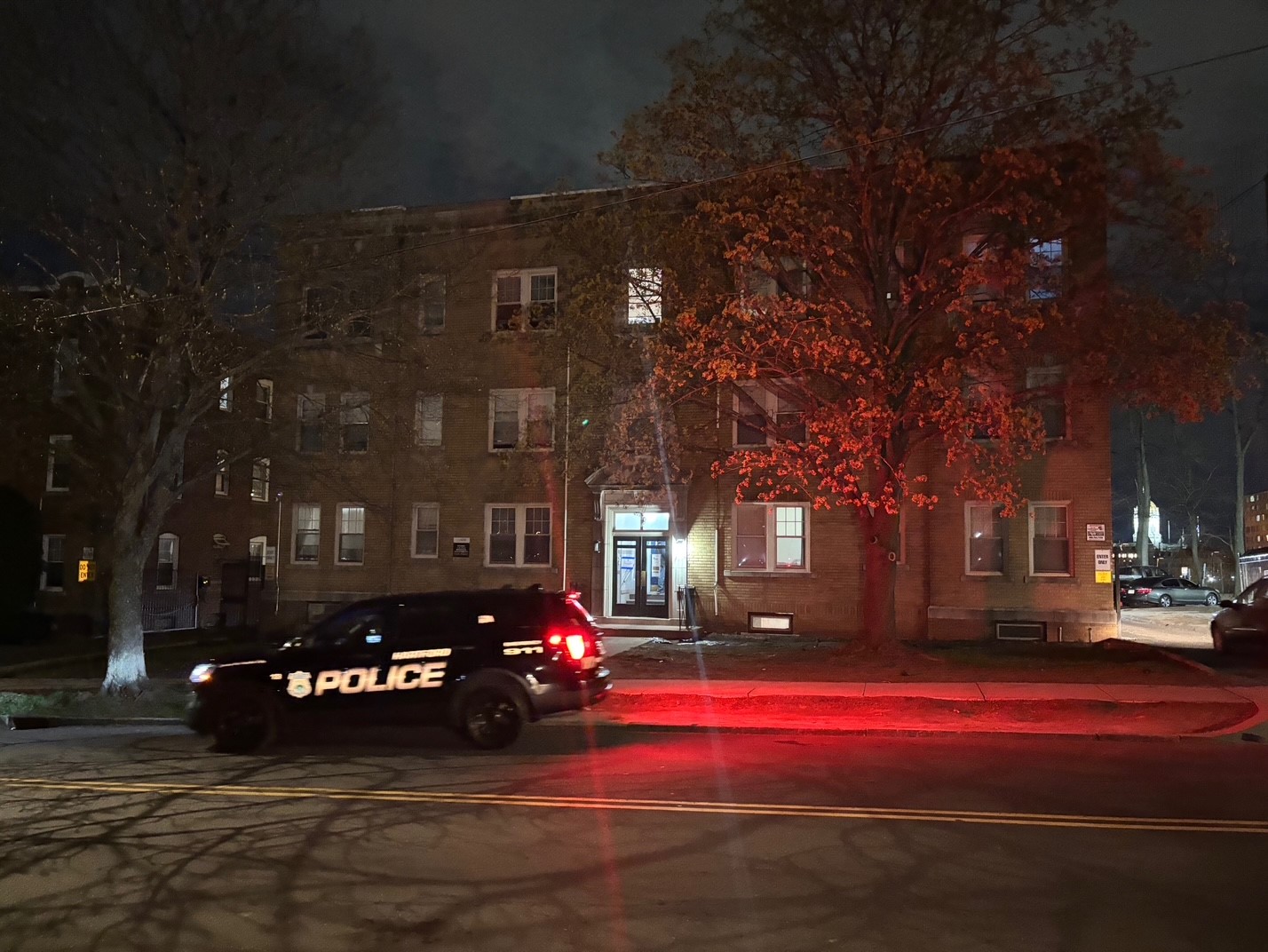
Malloy wants to give non-violent offenders a second chance.
Gov. Dannel Malloy presented a plan Tuesday to alter parts of the state's criminal justice system in an effort to evolve with changing societal and budget times.
"We cannot live in a perpetually punitive society," Malloy told the crowd in a Yale Law School lecture hall.
The speech sparked the beginning of the governor's plan to make Connecticut a "Second Chance Society."
The governor said he grew up in a world different than the way things are today, adding that "the United States of America and the state of Connecticut lost their way" in the 1980s.
Malloy's legislative proposals will include reclassifying some drug crimes and non-violent offenses, streamlining the parole system and removing mandatory minimum sentences for non-violent crimes.
“We know that felony convictions for simple non-violent possession can often rob someone of future opportunity," he said, "whether it’s employment opportunity or even a place to live.”
On parole changes, the governor urged changes that would allow for the release of an inmate who can show he or she is a different person than when entering prison.
Local
“For minor non-violent offenses, a pardon, given a period a period of time where a citizen has demonstrated that they’ve reformed themselves, should almost be automatic," Malloy said. "People, especially young people make mistakes.”
Similar changes have been made in other states, many of them left-leaning like Texas and Alabama, to deal with budgetary constraints and change the way sentences are handled.
Malloy said this doesn't mean he's endorsing other GOP ideas, just ones that work.



